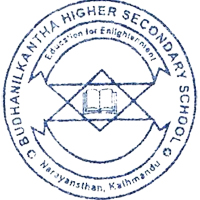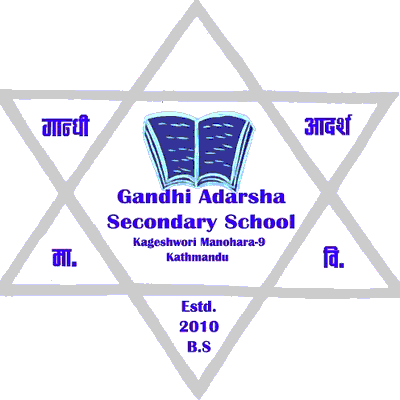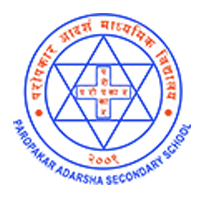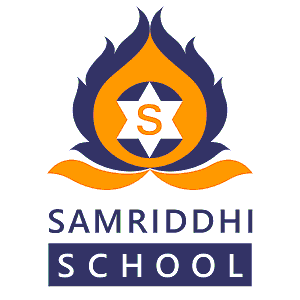Overview
Ten Plus Two (+2) Management — Bijeshwori Gyan Mandir Sainik Mahavidyalaya (BGMSMV), Kathmandu
If you enjoy numbers, real business stories, and teamwork, the NEB Ten Plus Two (+2) Management at BGMSMV, Kathmandu, offers a grounded start for Nepali learners.
Students often want clear answers on subjects, admission, quotas, and career routes after Class 12. This course guide sets out the syllabus, learning process, and realistic outcomes without marketing language.
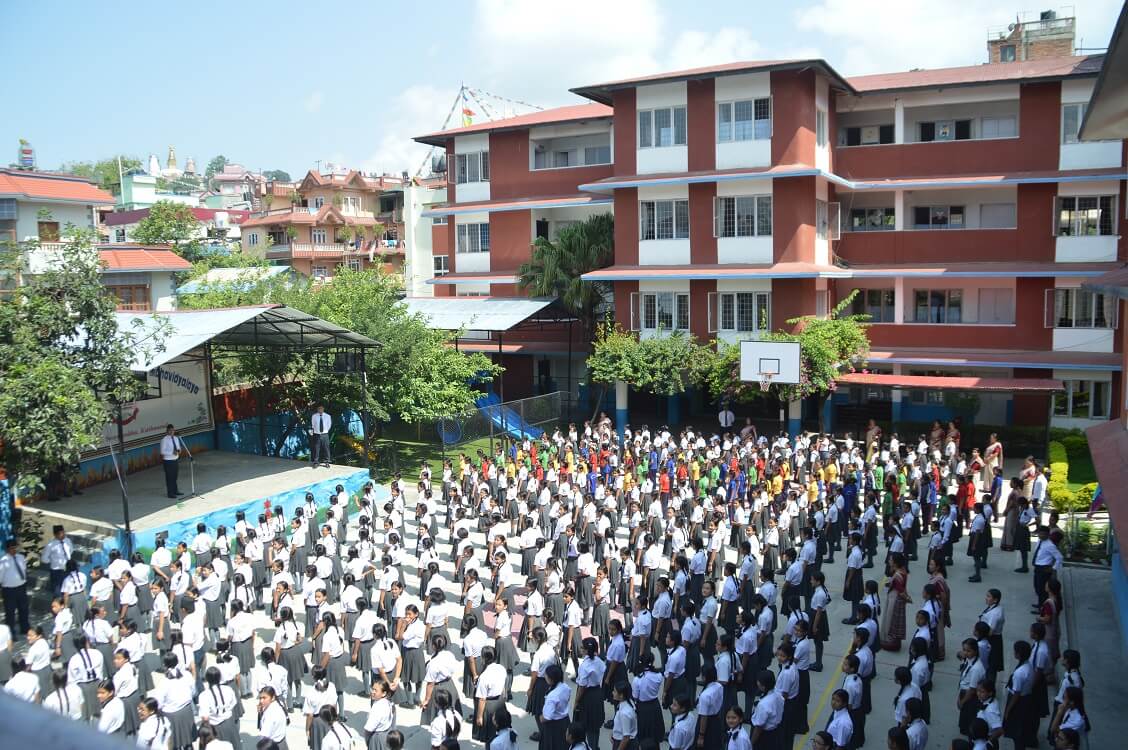
Overview
BGMSMV delivers NEB Class 11–12 Management for girls in a disciplined school setting. The stream prepares students for BBA, BBS, BBA-BI, BHM, BTTM, and related bachelor programs.
The focus remains on strong fundamentals in accounting, economics, office practice, and communication so that choices after +2 rest on evidence, not guesswork.
Students who like planning, organizing, and clear documentation usually find the stream engaging. A steady routine of classes, assignments, and small projects builds the habits needed for future study.
Highlights
-
NEB Management pathway with Nepali and English as compulsory subjects.
-
Option groups commonly include Accounting, Economics, Business Studies, and Business Mathematics.
-
Counseling and parent meetings that keep the student, home, and school on one plan.
-
Intake through Army Quota and Civil Quota under institutional rules.
-
Internal checks that reward consistency over last-minute study.
Curriculum Details
Here’s what you will cover across two years.
Compulsory (NEB):
-
Nepali
-
English
Management-focused options (as offered):
-
Accounting: journal, ledger, trial balance, financial statements, adjustments.
-
Economics: market basics, national income concepts, money and banking, policy ideas explained in plain terms.
-
Business Studies: organization, management functions, office procedures, basic laws relevant to commerce.
-
Business Mathematics: percentages, ratio and proportion, interest and annuity, index numbers, and data summaries.
Applied tasks that strengthen learning:
-
Accounting practice sets with monthly checkpoints.
-
Short economic notes that relate theory to local markets and prices.
-
Mini office files that simulate record keeping, meeting notes, and memos.
-
Spreadsheet labs for expense sheets, lists, and simple analysis.
Objectives
-
Build fundamentals in financial accounting and economics for bachelor-level study.
-
Understand how businesses organize people, processes, and records.
-
Strengthen numeracy through Business Mathematics where chosen.
-
Improve written and spoken communication for reports and presentations.
Scope
Not sure where Management takes you after +2? Students commonly move to:
-
BBA programs across Nepali and international universities.
-
BBS under Tribhuvan University and other boards.
-
BBA-BI for banking and insurance.
-
BHM and BTTM for hospitality and tourism.
Some students start entry-level roles in admin or customer support while studying further. The long-term path strengthens with a bachelor degree and, later, focused certifications.
Learning Outcomes
By the end of Class 12, a diligent learner can:
-
Prepare basic financial statements and explain routine accounting steps.
-
Read tables, charts, and simple statistics used in business reports.
-
Write office memos, meeting notes, and short reports that are clear and complete.
-
Present a mini case on marketing or operations using structured points.
-
Use spreadsheets for everyday lists and summaries with neat formatting.
Skill Development Modules
-
Accounting Lab: entries, ledgers, bank reconciliation, and closing adjustments.
-
Quant and Data: percentages, ratios, index numbers, and graphical presentation.
-
Communication: emails, memos, presentation slides, short pitches.
-
Business Exposure: small surveys, product mapping, or service quality role-play.
-
IT Touchpoints: spreadsheet practice and file handling for tidy records.
Teaching Methodology
Classes mix explanation, examples, and guided practice. Teachers schedule mini-projects and case-style discussions so learners can test ideas in realistic situations.
Continuous assessment records progress through quizzes, assignments, punctuality, and participation. Parent meetings align subject choices with bachelor plans and timelines.
Admission Requirements
Students often ask how selection works and what to bring. Keep these items ready:
-
Eligibility: Minimum GPA 1.6 in SEE for entry to Grade 11 under current NEB policy.
-
Intake pattern: Army Quota and Civil Quota as per institutional rules.
-
Selection process: Written assessment followed by interview.
-
Documents: Birth Registration Certificate, SEE grade sheet, character certificate, passport-size photos, and relevant Army service documents (unit-verified letter for in-service; Pension Patta for retired).
Admission dates follow the NEB and institutional calendar. Orientation finalizes section-wise subject options and routine.
Career Opportunities
Most graduates choose a bachelor program right after +2. Popular choices include BBA, BBS, BHM, BTTM, and BBA-BI.
Early roles in office administration or banking support are possible while studying, though sustained growth depends on bachelor completion and later specialization.
Scholarships and Financial Aid
The school office publishes fees and any support provisions each session. Army families receive priority through the quota system. Need or merit support, when available, requires timely forms and complete documents.
Why Choose This Course?
-
Clear, NEB-recognized route to BBA, BBS, BHM, BTTM, and related programs.
-
Solid base in accounting, economics, business studies, and practical communication.
-
Continuous assessment that rewards steady work.
-
Spreadsheet and record-keeping tasks that reflect real office needs.
-
Counseling that links section choices to bachelor plans.
Conclusion
A Management student at BGMSMV follows a straightforward plan that connects classroom learning to real administrative, business, and hospitality contexts. The stream supports your move to bachelor study with organized practice, internal checks, and steady guidance. Students and parents should follow official notices for seat plans, subject mixes, and key dates each session.


